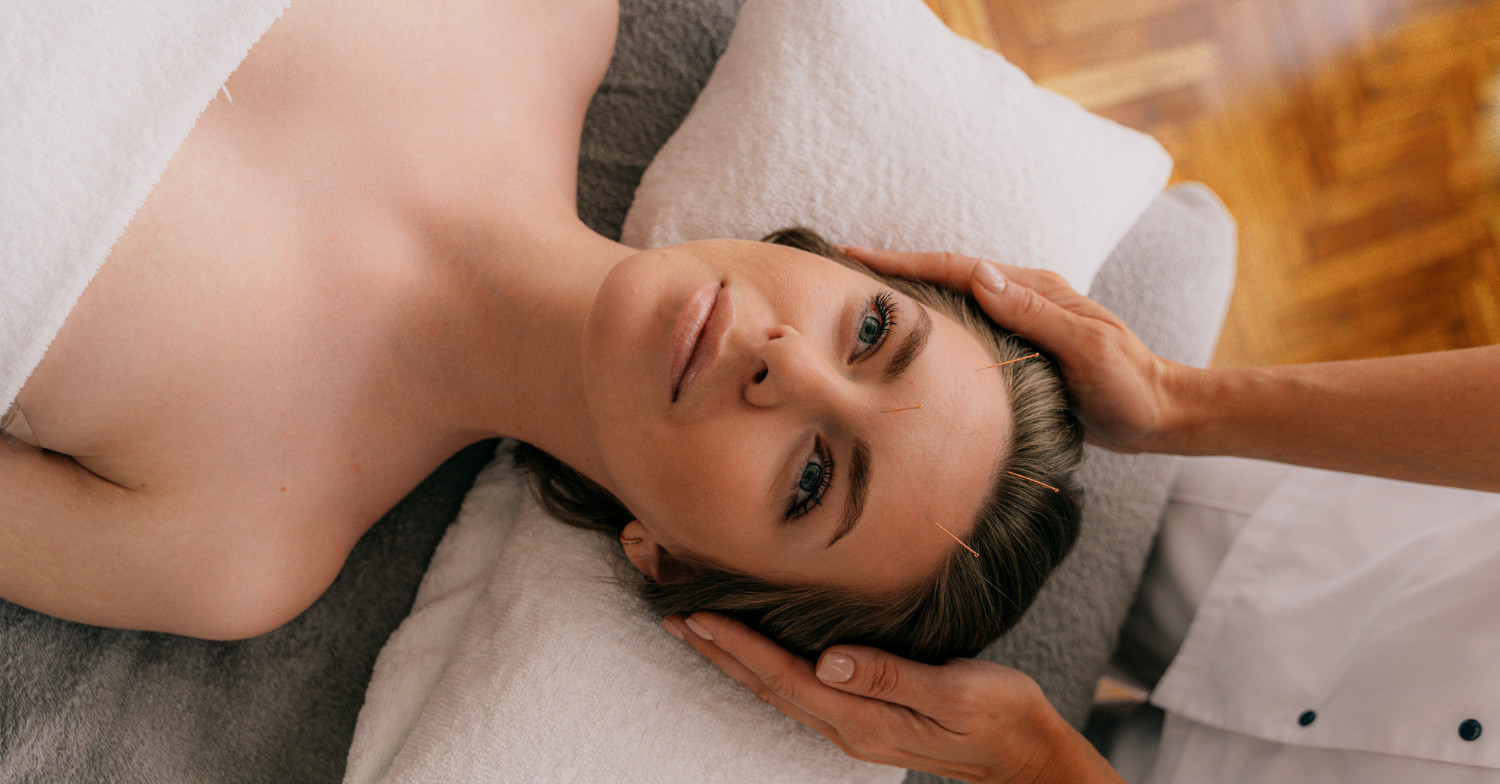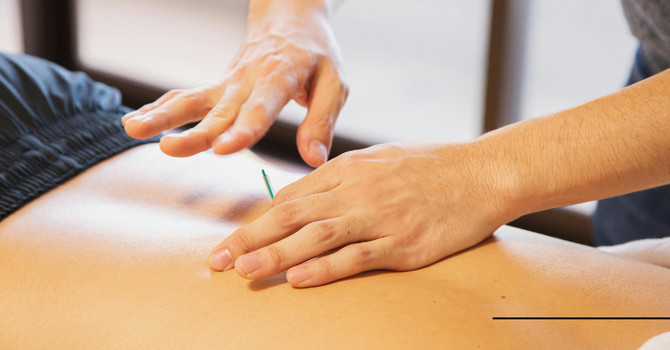
Introduction to Migraine Disorders
Migraines are more than just headaches—they are complex neurological events that can severely affect a person’s quality of life. Characterized by recurring, throbbing pain often accompanied by nausea, visual disturbances, and heightened sensitivity to light and sound, migraines can last anywhere from a few hours to several days. According to the Canadian Headache Society, approximately 2.7 million Canadians suffer from migraines, with women three times more likely to be affected than men.Migraine attacks can be categorized into several types, such as migraine with aura, migraine without aura, and chronic migraine. Each presents unique symptoms but shares the common trait of disrupting daily life. Triggers vary widely and can include stress, hormonal changes, poor sleep, dietary factors, and environmental stimuli. For many sufferers, finding consistent relief becomes an ongoing challenge.
Limitations of Conventional Migraine Treatments
Standard treatments for migraines usually involve pharmaceutical interventions such as over-the-counter painkillers, triptans, anti-nausea medications, and preventive drugs like beta-blockers or antidepressants. While these medications can offer temporary relief, they often come with a host of side effects including fatigue, dizziness, gastrointestinal issues, and dependency concerns.Moreover, not all patients respond well to medication. For some, the effectiveness wanes over time or is insufficient to manage their symptoms. Overuse of certain medications can even lead to medication-overuse headaches (MOH), where the treatment paradoxically contributes to the problem. This treatment gap has led many people to seek alternative or complementary therapies—especially those that address not just the symptoms but the underlying causes of migraines.
Acupuncture: A Holistic Alternative
Acupuncture, a key component of Traditional Chinese Medicine (TCM), offers a holistic, drug-free solution for migraine relief. By inserting fine, sterile needles into specific points on the body—known as acupoints—acupuncture seeks to balance the body's energy flow, or "Qi" (pronounced “chee”), and stimulate natural healing mechanisms.From the perspective of TCM, migraines can arise due to imbalances in liver Qi, blood stagnation, or disruptions in the flow of energy through meridians that pass through the head and neck. Acupuncture aims to correct these imbalances by targeting points that relieve tension, promote circulation, and calm the nervous system. Commonly used points for migraines include LI4 (He Gu), GB20 (Feng Chi), and Taiyang, among others.Unlike conventional approaches that often mask symptoms, acupuncture treats the root causes of migraines. The result is not just temporary relief, but long-term improvements in migraine frequency, intensity, and overall well-being.
Scientific Evidence Supporting Acupuncture for Migraines
Acupuncture is no longer viewed solely through the lens of traditional healing—it is now backed by a growing body of scientific research. Numerous clinical studies and meta-analyses have confirmed the efficacy of acupuncture for managing both acute and chronic migraine conditions.For example, a comprehensive review published in The Cochrane Database of Systematic Reviews concluded that acupuncture is at least as effective as conventional preventive medications for migraines, and with fewer adverse effects. Another 2020 meta-analysis in the journal Frontiers in Neurology found that acupuncture significantly reduced the frequency of migraine attacks, particularly when used as part of a long-term treatment plan.The World Health Organization (WHO) also recognizes acupuncture as a viable treatment for a range of pain-related conditions, including headaches and migraines. The mechanisms behind acupuncture's effectiveness include stimulation of the nervous system, increased endorphin release, improved blood circulation, and modulation of pain pathways in the brain.These scientific findings validate what practitioners of Traditional Chinese Medicine have known for centuries: acupuncture is not just complementary—it’s effective.What to Expect During a Migraine Acupuncture Session at Dao HealthAt Dao Health, each acupuncture session is tailored to your individual needs. Your journey begins with a thorough personal evaluation where our licensed practitioners assess your health history, lifestyle, and specific migraine patterns. This personalized approach helps us create a targeted and effective treatment plan.The acupuncture process itself is gentle and minimally invasive. We use fine, sterile needles that are inserted into carefully selected acupoints across the body—often including the head, neck, hands, and feet. Most patients describe the sensation as painless or mildly tingling, and many report feeling deeply relaxed during and after the session.A typical session lasts about 45–60 minutes, with initial treatments recommended once or twice a week, depending on the severity and frequency of your migraines. As your condition improves, the frequency of sessions may be gradually reduced. Our approach ensures that each step supports your body’s natural healing abilities.
What to Expect During a Migraine Acupuncture Session at Dao Health.
At Dao Health, each acupuncture session is tailored to your individual needs. Your journey begins with a thorough personal evaluation where our licensed practitioners assess your health history, lifestyle, and specific migraine patterns. This personalized approach helps us create a targeted and effective treatment plan.The acupuncture process itself is gentle and minimally invasive. We use fine, sterile needles that are inserted into carefully selected acupoints across the body—often including the head, neck, hands, and feet. Most patients describe the sensation as painless or mildly tingling, and many report feeling deeply relaxed during and after the session.A typical session lasts about 45–60 minutes, with initial treatments recommended once or twice a week, depending on the severity and frequency of your migraines. As your condition improves, the frequency of sessions may be gradually reduced. Our approach ensures that each step supports your body’s natural healing abilities.
Benefits of Acupuncture for Migraine Relief
Patients who undergo acupuncture for migraines at Dao Health often experience a wide range of benefits that go beyond just pain relief.
These include:
Reduced Migraine Frequency and Intensity:
Over time, many patients report fewer and less severe migraine episodes.
Lower Stress Levels:
Acupuncture has a calming effect on the nervous system, helping to alleviate one of the most common migraine triggers—stress.
Improved Sleep:
Many migraine sufferers also struggle with sleep issues, which acupuncture can help regulate.
Drug-Free Pain Management:
For those who prefer a natural, medication-free approach or are unable to tolerate pharmaceutical side effects, acupuncture provides an effective alternative.
Enhanced Overall Wellness:
Because acupuncture promotes systemic balance, patients often notice improvements in digestion, mood, and energy levels.Unlike quick fixes, acupuncture promotes long-term resilience and supports the body in maintaining optimal health naturally.
Integrating Acupuncture with Other Holistic Therapies
At Dao Health, we take a comprehensive, integrative approach to wellness. For patients dealing with migraines, combining acupuncture with other natural therapies can enhance results and accelerate healing.
Herbal Medicine:
Traditional Chinese herbs can help balance internal organ function and reduce inflammation—complementing the effects of acupuncture.
Massage Therapy:
Targeted massage helps release tension in the shoulders, neck, and scalp—areas commonly affected during migraine episodes.Cupping Therapy: This technique promotes blood flow and alleviates muscle tightness, reducing pressure in the head and neck.
Psychotherapy:
For migraines linked to emotional stress or trauma, our licensed psychotherapists can guide patients in managing mental health triggers.
Lifestyle & Dietary Coaching:
Migraines are often affected by dietary habits and sleep patterns. We provide guidance on holistic lifestyle changes to support long-term well-being.Each therapy is offered in a supportive environment, with coordination among our practitioners to ensure your treatment is both effective and harmonious.
Why Choose Dao Health for Migraine Treatment
Dao Health stands out as a trusted provider of acupuncture and Traditional Chinese Medicine in Brampton and the Greater Toronto Area. With a team of experienced practitioners and a philosophy rooted in personalized care, we’ve helped over 10,000 patients reclaim their health and vitality.
Here’s why more people choose Dao Health:
Expertise in Migraine Management: Our team specializes in using acupuncture and holistic methods specifically for chronic headache disorders.
Patient-Centered Care:
We take the time to understand your unique symptoms, triggers, and health history to build a treatment plan just for you.
Comprehensive Services:
We offer a wide range of complementary therapies under one roof, creating a seamless and supportive healing journey.Proven Results: From reduction in pain to improved quality of life, our patient testimonials speak to the consistent and lasting outcomes we provide.If you’re looking for a natural, proven solution to migraines, Dao Health offers a trusted path to relief—without the side effects of conventional medications.

Ranbir Boparai
Contact Me


